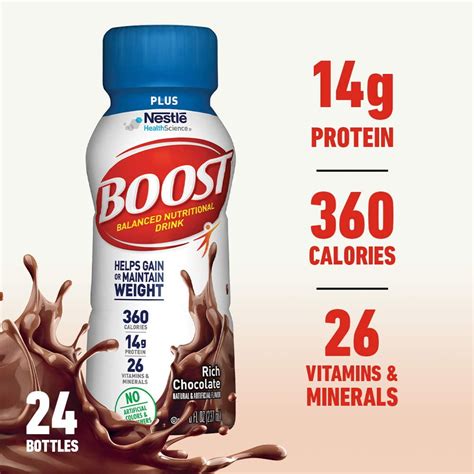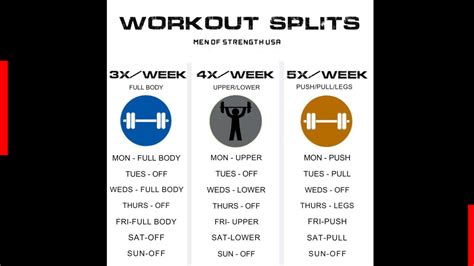How to break a strength plateau for peak performance & muscle gains?

Understanding the Strength Plateau
Every dedicated lifter, from novice to advanced, eventually encounters the dreaded strength plateau. This is a point where, despite consistent effort, your progress in a specific lift or overall strength stagnates. It can be frustrating and demotivating, making you feel stuck in your fitness journey. But a plateau isn’t a dead end; it’s a signal that your body has adapted to your current training stimulus and requires a new challenge.
Before you can break through, it’s essential to understand why plateaus occur. Common culprits include insufficient progressive overload, inadequate recovery, poor nutrition, overtraining, and a lack of training variation. Identifying the root cause is the first step toward finding an effective solution.

Reigniting Progressive Overload
Progressive overload is the fundamental principle of muscle growth and strength gain: continually increasing the demands on your musculoskeletal system. When you hit a plateau, it often means you’re no longer progressively overloading effectively.
- Increase Weight: The most straightforward method, but often the hardest when stuck. Try micro-loading with smaller increments (e.g., 1.25 lbs).
- Increase Reps/Sets: If increasing weight isn’t possible, try adding more repetitions within your sets or an extra set.
- Decrease Rest Time: Shortening rest periods between sets can increase the intensity and metabolic demand.
- Improve Form: Sometimes, poor form is limiting your strength. Refine your technique to move more efficiently and engage target muscles better.
- Increase Frequency: If your recovery allows, try training a specific movement or muscle group more often in the week.
Implement Strategic Deload Weeks
Overtraining or accumulated fatigue can be a major factor in strength plateaus. A deload week involves intentionally reducing your training volume and/or intensity (e.g., 50-70% of usual load) for a week. This allows your central nervous system, joints, and muscles to recover fully, resensitizing your body to training stimuli. Many lifters find that after a deload, they come back stronger and ready to break their previous personal bests.
Vary Your Training and Program Design
Your body is incredibly adaptable. If you do the same exercises, rep ranges, and set schemes for too long, your body becomes efficient at them, and progress slows. Introducing variety can shock your system into new growth.
- Exercise Variations: Switch up your main lifts (e.g., barbell bench press to dumbbell press, back squat to front squat). Use accessory exercises to target weak links.
- Rep/Set Schemes: Experiment with different rep ranges. If you usually train in the 8-12 rep range, try some weeks focusing on lower reps (3-5 for strength) or higher reps (15-20 for hypertrophy/endurance).
- Advanced Techniques: Incorporate drop sets, supersets, pyramid sets, rest-pause, partial reps, or negatives to push beyond conventional failure points.
- Periodization: Structure your training into blocks focusing on different goals (e.g., strength block, hypertrophy block, endurance block).

Optimize Nutrition and Hydration
You can’t build a strong house without bricks. Similarly, you can’t build muscle or recover effectively without proper fuel. A strength plateau might be a sign that your nutritional intake isn’t supporting your training demands.
- Caloric Intake: Ensure you are in a slight caloric surplus if your primary goal is muscle gain. If you’re cutting, consider a brief ‘diet break’ to allow your body to recover from the stress of a deficit.
- Macronutrients: Adequate protein (1.6-2.2g per kg body weight) is crucial for repair and growth. Don’t neglect complex carbohydrates for energy and healthy fats for hormone production.
- Hydration: Dehydration significantly impairs performance and recovery. Drink plenty of water throughout the day, especially around your workouts.
Prioritize Recovery and Sleep
Muscle growth and strength gains don’t happen in the gym; they happen during recovery. If you’re consistently pushing yourself hard but neglecting rest, a plateau is inevitable.
- Sleep Quality and Quantity: Aim for 7-9 hours of quality sleep per night. This is when your body repairs tissue and releases growth hormones.
- Active Recovery: Light cardio, stretching, foam rolling, and massage can improve blood flow and reduce muscle soreness, aiding recovery.
- Stress Management: Chronic stress elevates cortisol, which can hinder muscle growth and recovery. Incorporate stress-reducing activities like meditation or hobbies.

Focus on Form and Technique
Sometimes, what feels like a strength plateau is actually a form issue. As you try to lift heavier, your form might subtly degrade, leading to inefficient movement patterns, recruiting synergistic muscles instead of the primary movers, and increasing injury risk. Take time to deload and truly master the movement pattern with perfect form. You might find that once your technique is flawless, your strength numbers begin to climb again naturally.

Cultivate Mental Toughness and Consistency
Breaking a plateau isn’t just physical; it’s mental. It requires patience, persistence, and the willingness to adapt. Don’t get discouraged. Track your progress meticulously so you can objectively see what’s working and what’s not. Stay consistent with your training, nutrition, and recovery, even when progress feels slow. Believe in your ability to push past perceived limits.

Conclusion
Strength plateaus are a normal and even necessary part of the fitness journey. They force you to reassess, adapt, and become a smarter, more resilient lifter. By strategically manipulating progressive overload, implementing deloads, varying your training, optimizing nutrition and recovery, refining your form, and maintaining a strong mental game, you can effectively break through any plateau. Embrace the challenge, stay consistent, and watch your strength and muscle gains reach new heights.







